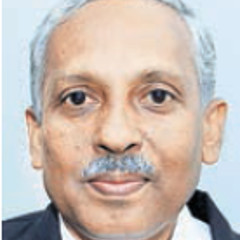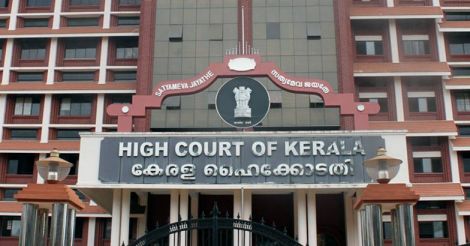The quantum of trust and contentment that people have in the judiciary is very important in maintaining the sovereignty of a nation. Taking into cognisance the frequent breaks involved in dispensing justice, the Kerala High Court said that it was ready to hold sittings, foregoing summer holidays, if advocates cooperate.
On all working days, the court operates from 10.15 am to 4.30 pm. It takes a 45-minute break at noon. More than the time they spend in court, judges and lawyers spend a lot of time studying files as well as previous judgements of higher courts. Judges and lawyers, more than anyone else, have to be well versed in law and be sincere to the Constitution while discharging their duties.
That they are ready to forego even occasional breaks to uphold their official responsibilities is a very welcome move from them. At the same time, there is also the doubt whether this is the best means to reduce the number of pending cases in the nation, which seems to grow in volume each day.
The processes involved in courts are time consuming and under the current situation, a civil case can take at least 10 years to be settled. The often-frustrating delay can force people to search for alternate ways to get things done.
For example, a house owner who knows that it could take ten years to legally evacuate a tenant from his/her house, would opt for the services of goons to get things done in days or hours. While people still put their trust on the rule of law and its processes in our land, we need to ensure that the situation remains so.
A recent comment by High Court judge Justice K.T. Shankaran deserves mention here. He said that the number of cases being filed each year and the number of cases that are settled each year are the same. While this might be true in the case of the High Court, it is not so in the case of lower courts as well as the Supreme Court.
At the Supreme Court, the number of cases that are pending has been increasing because cases are often escalated from lower courts. If such cases can be solved at the lower levels, the highest court would need to deal with fewer cases.
Another strategy is to do away with cases that are quite old. In such cases, even claimants would have lost interest in the case, or time would have settled the case. Such cases can be identified by a panel of retired judges and closed appropriately. It is believed that 25 per cent of the pending cases can be solved thus. The need for mediation centres is also very high.
Appeal courts, which are above the High Court and below the Supreme Court, can be set up in each state to solve cases that are escalated from the High Court.
The Supreme Court it trying its best to set up such courts. A South Indian bench of the Supreme Court is also expected to bring legal succour to more people. The successful trial of establishing more than one High Court in a state can also be tried elsewhere.
Justice without holidays is necessary for the unity of a nation.
(The author is the chairman of the Kerala Bar Council)

























 Kerala High Court
Kerala High Court